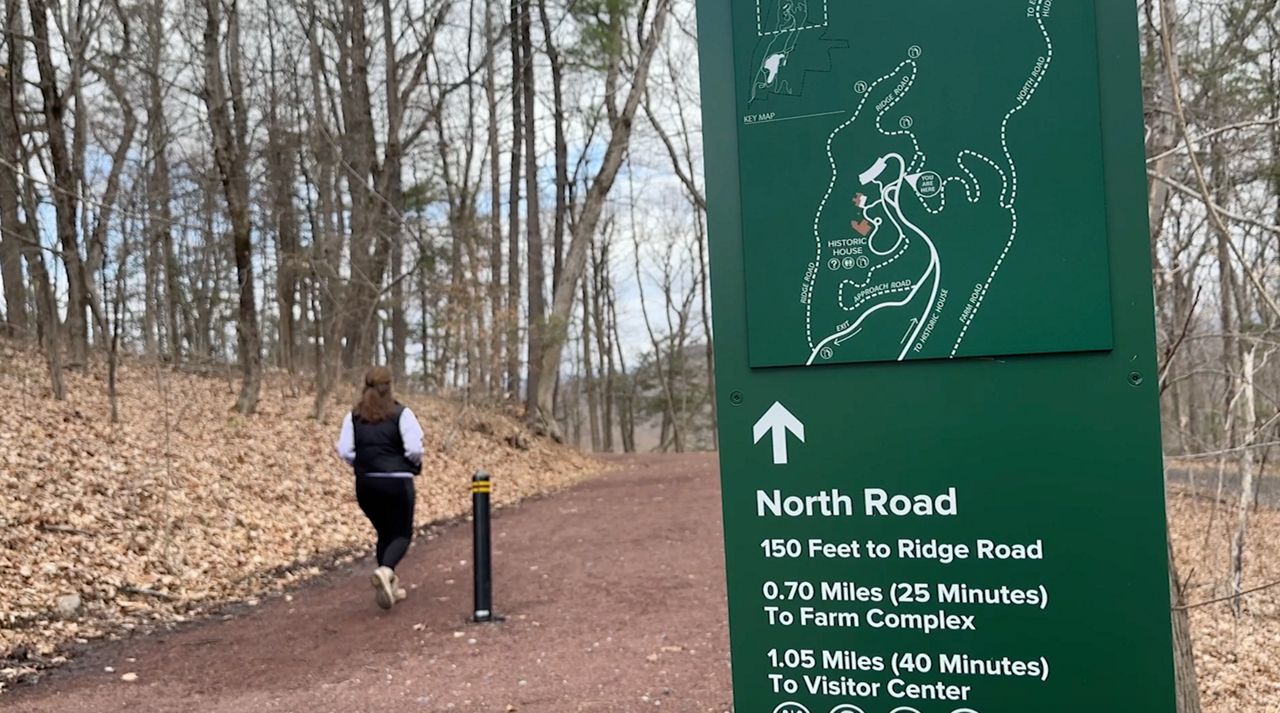People from the autism community are resisting commentary from Robert F. Kennedy Jr.
While revealing plans for a “massive testing and research effort” last week, the U.S. secretary of Health and Human Services said autistic children will never hold a job or pay taxes. Autistic individuals and advocates say rhetoric like this could reverse decades of progress in breaking down stigma and barriers.
“I don’t think I could live with myself if I wasn’t working,” said Katelyn Wieczerza, an autistic woman who digitizes film at eBizDocs in Menands. “A lot of this is very repetitive work and I’m perfectly OK with that.”
Wieczerza was diagnosed as being on the autism spectrum in 2010 and has found peace in working with film more than five years ago.
But the 37-year-old feels her desire for independence was slighted recently by Kennedy.
“These are kids who will never pay taxes, they’ll never hold a job,” the secretary said during remarks last week in Washington, D.C.
Kennedy claimed environmental exposure is what’s leading to most autism diagnoses in children and promises to identify a solution this fall.
“It’s so dehumanizing,” Wieczerza said.
Kennedy later clarified his comments saying he was specifically talking about people with severe autism.
Wieczerza, who was 22 years old when she was diagnosed, says more research is welcome but believes Kennedy is only contributing to the stigma surrounding the neurodevelopmental disorder.
“He’s not talking about them like they’re people,” she said. “He’s talking about them at times like they’re inconveniences.”
At the Capitol in Albany, state Assemblyman Angelo Santabarbara from Rotterdam echoes Wieczerza’s concerns.
“I don’t need anyone telling me what my son can and cannot do,” he said. “Investing in supports and services and rejecting rhetoric like this is what we need to do.”
The assemblyman opposes the creation of a national “disease registry” using private medical records that will reportedly be used to track Americans with autism.
“What it does is it undoes decades of progress, leave behind that stigma, to move past that and that’s what’s really hurting families,” Sanrabarbara said.
Wieczerza says she’s left wondering where it will stop.
“I don’t know if scared is the right word, I’m certainly depressed by it,” she said. “ADHD is closely linked with autism, so at what point does that become the problem? At what point does OCD become a problem.”
And in the meantime, she encourages sympathy.
“We all deserve compassion,” she said. “And the more compassion we get, the more compassion we can give.”









